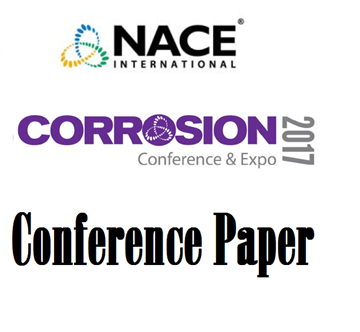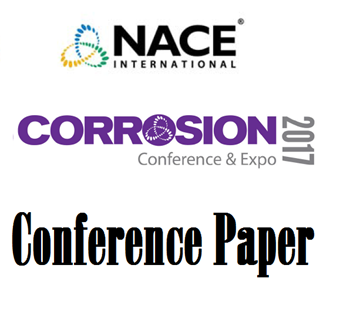Search
51314-4050-An Approach to Conduct a Pipeline Integrity Assessment when Operating Data is Limited
Also Purchased
11126 Direct Assessment Pipeline Integrity Management
Product Number:
51300-11126-SG
ISBN:
2011 11126 CP
Publication Date:
2011
$20.00
Integrity Evaluation of Seventy Years Old Veteran Pipeline
Product Number:
51317--8961-SG
ISBN:
8961 2017 CP
Publication Date:
2017
$20.00
51317--9648-Correlation of Inline and Aboveground Integrity Data for Comprehensive Pipeline Integrity Management
Product Number:
51317--9648-SG
ISBN:
9648 2017 CP
Publication Date:
2017
$20.00




